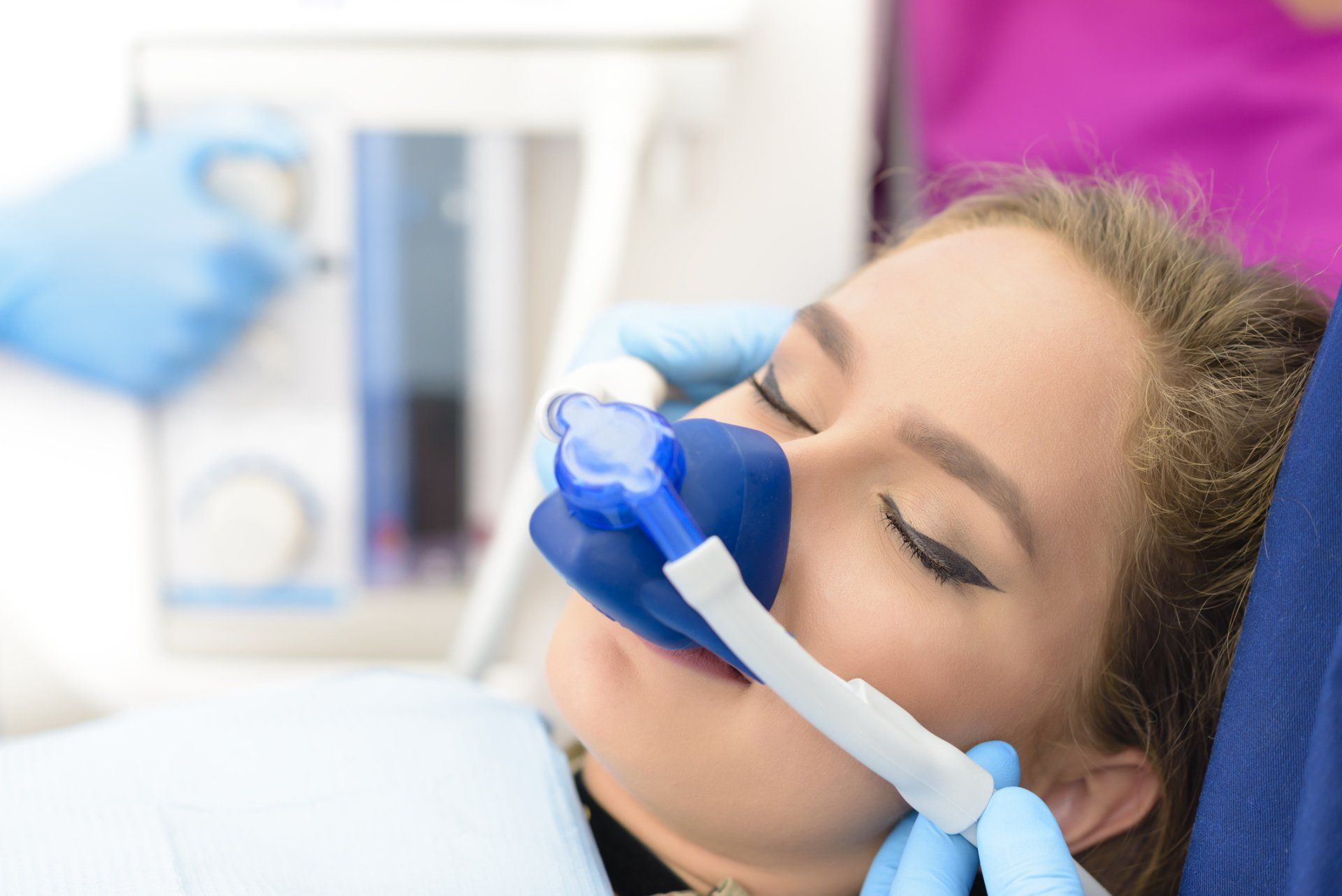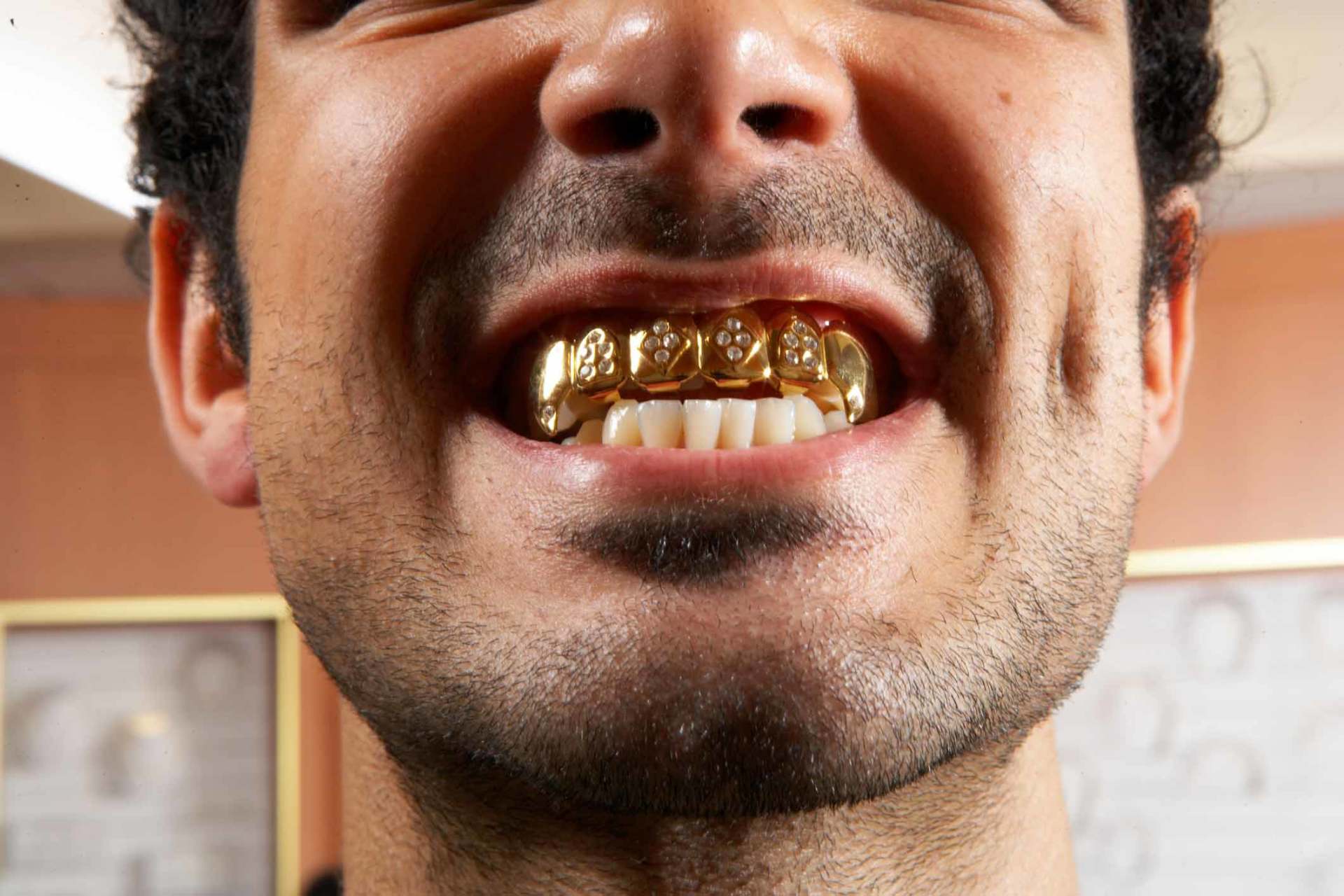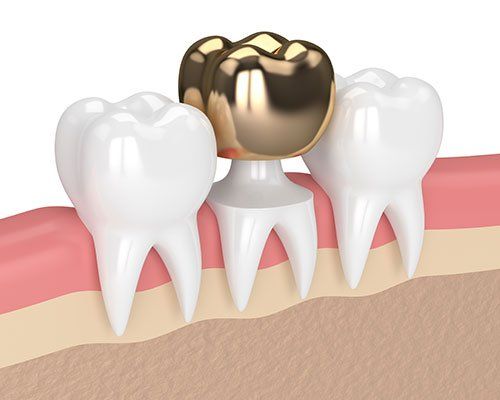How to Handle Dental Anxiety
- By Admin
- •
- 22 Apr, 2019
- •

Do dental visits make you anxious? You aren't alone. According to the Cleveland Clinic, anywhere from 9 to 15 percent of people in the United States avoid dental visits out of this fear. If anxiety stops you from walking through the dentist's door, take a look at what you need to know about conquering this phobia.
Learn About the Statistics
While the 9 to 15 percent figure speaks to the general population of U.S. adults who avoid check-ups and procedures due to their dental phobia, some research suggests these numbers are actually higher. That is, depending on the population.
One study, published in the journal BMC Oral Health, found that over 11 percent of 25-year-old Norwegian men and almost 20 percent of women (of the same age and geographic background) had dental anxiety. While this study doesn't specifically include American patients, it does show the prevalence of dental fear among young adults.
Data from another study, also published in BMC Oral Health, showed that over 83 percent of adults with irreversible pulpitis (inflammation of the dental pulp) had moderate to high dental anxiety. Of the patients studied, more than 16 percent of the participants went beyond anxiety of stress and had a dental phobia.
One study, published in the journal BMC Oral Health, found that over 11 percent of 25-year-old Norwegian men and almost 20 percent of women (of the same age and geographic background) had dental anxiety. While this study doesn't specifically include American patients, it does show the prevalence of dental fear among young adults.
Data from another study, also published in BMC Oral Health, showed that over 83 percent of adults with irreversible pulpitis (inflammation of the dental pulp) had moderate to high dental anxiety. Of the patients studied, more than 16 percent of the participants went beyond anxiety of stress and had a dental phobia.
Know the Cause
There isn't one general or blanket reason for developing a dental anxiety or phobia. Understanding the cause of your fear can help you to find the right treatment — making it possible to get the dental treatment you need without unnecessary anxiety.
Common causes of dental anxiety and phobias include:
Common causes of dental anxiety and phobias include:
- Previous experiences. A prior traumatic experience at the dentist's office, whether it was when you were young or as an adult, can leave you feeling anxious about the next visit.
- Other people's experiences. Learning or hearing about someone else's traumatic dental experience can also contribute to your own feelings of fear.
- Personality. Some people are more likely to feel fear or experience anxiety than others. If you're a naturally anxious person, you may feel more stress prior to a dental visit than someone with a lower stress profile.
Understand the Impact
What's the result of your dental anxiety? While office visit avoidance may feel comfortable, this isn't the healthy route to take. There's a reason for following a regular dental check-up schedule — and it's to keep your teeth, gums, and mouth in the best shape possible.
Without regular dental visits you could run the risk of:
Without regular dental visits you could run the risk of:
- Developing gum disease. Red, swollen, bleeding, or painful gums are late signs of gingivitis development. Regular in-office check-ups allow the dentist to catch gum disease before it becomes a major problem.
- Dental decay. While you can develop cavities with and without office visits, regular check-ups provide a way to prevent serious decay that may involve more invasive treatments.
- Aesthetic issues. Along with preventing serious health-related problems, dental check-ups provide a deep cleaning that leaves you with a bright smile.
Face the Visit
How can you decrease dental office anxiety? If you've thought the visit through, talked to the dentist (or a mental health professional), and educated yourself on the negative impact of slipping preventative care, and you still don't want to go:
Do you need to visit the dentist? Contact Rabel Family Dentistry for more information.
- Bring a distraction. Ask the dentist if you can bring along your phone and earbuds to listen to a favorite playlist or audio book during your check-up.
- Breathe deeply. Deep breaths or another similar relaxation technique may help.
- Try sedation. Sedation dentistry allows you to rest during your visit or procedure.
Do you need to visit the dentist? Contact Rabel Family Dentistry for more information.




